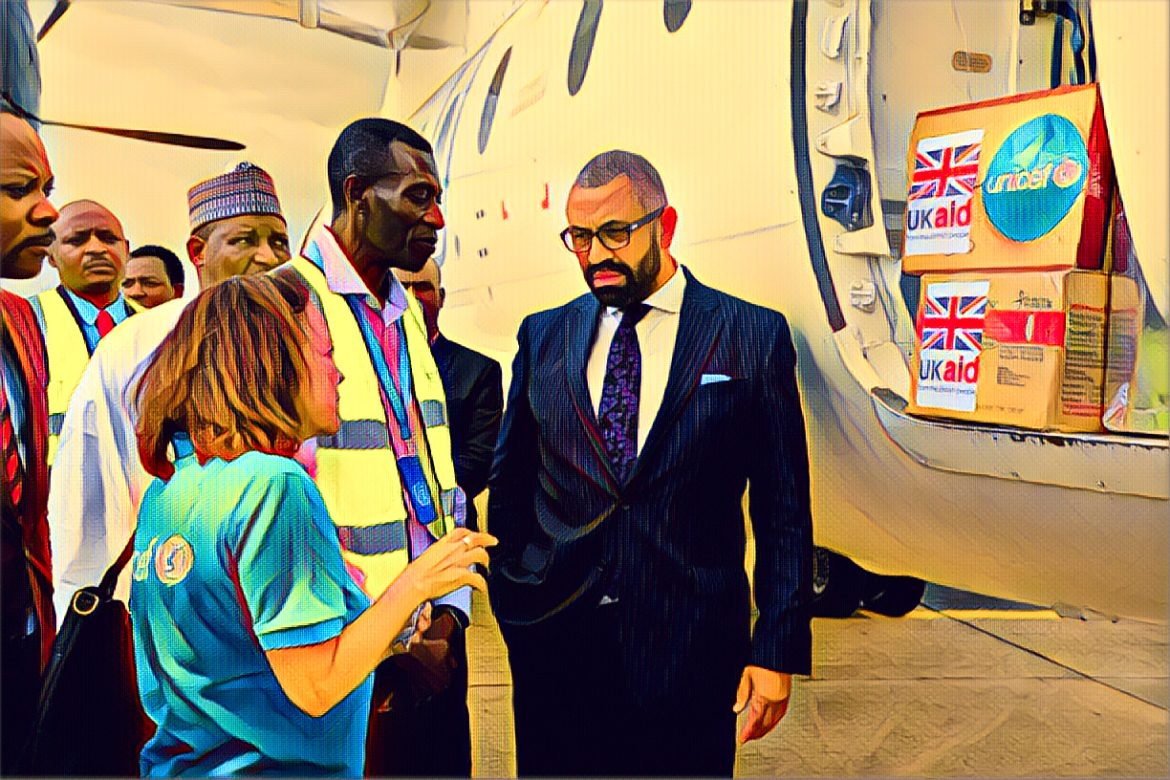KEY POINTS
- Nigeria heavily relies on foreign aid to fund key sectors like healthcare and education.
- Public spending on healthcare and education in Nigeria remains below global standards.
- Nigeria must strengthen governance and increase domestic revenue to reduce aid dependency.
Nigeria, the giant of Africa, has long depended on foreign assistance to address its socio-economic problems. There has recently been a growing concern that the country is gradually becoming overly dependent on foreign aid.
Even though funds from foreign nations and global bodies have undoubtedly helped fund critical areas such as healthcare, education and infrastructures, the overdependence could have adverse effects on the country’s ability to champion a change without support.
The scale of international aid (2020–2024)
Between 2020 and now, Nigeria has enjoyed a steady inflow of international donations, especially from the United States, the United Kingdom, and other international organizations such as the World Bank, the International Monetary Fund (IMF), and the European Union. According to data from the Organisation for Economic Co-operation and Development, Nigeria received over $36.16bn in official development assistance between 2015 and 2022.
For instance, during the COVID-19 pandemic, Nigeria received an emergency financing package of nearly $104 million from the United States. Also in 2020, the World Bank Board of Directors approved a $114.28 million financing to help Nigeria prevent, detect and respond to the threat posed by COVID-19.
Data from USAID shows that in 2022, the United States gave nearly $1.2 billion in foreign aid to Nigeria, to support economic development, education, democracy, health, energy and climate, humanitarian relief, security, and more. According to a report by Punch, in May 2024, the European Union gave Nigeria £31.5 million to support vulnerable populations.
Dependency concerns: Is Nigeria becoming too reliant?
The huge scale of this aid has however elicited genuine concerns due to Nigeria’s increasing dependence on external assistance. For instance, the country relies on international aid for funding a considerable portion of its health care budget. According to a report by the Institute of Human Virology, Nigeria received over $900 million from Global Funds to address, HIV, malaria, and tuberculosis. Without the benevolence of these international donors, the development of the necessary healthcare infrastructure in the country would become a challenge.
Education is another area that depends heavily on international support and cooperation. The Global Partnership for Education gave $125 million to Nigeria to address the country’s high population of children who are not in school. Despite this donation, Nigeria still remains one of the countries with the largest out-of-school children to date, which warrants questioning the effectiveness of foreign aid-based approaches
The impact of aid dependency
Dependence on aid can form a vicious cycle that stifles long-term growth. This is why most countries that rely on foreign funding may lose the drive to develop sound and sustainable systems. Peculiarly, in Nigeria’s case, public investment in important sectors in the country such as the health sector and the educational sector is still below average.
For instance, the benchmark for public expenditure on health by the World Bank is 15% of the total national budget, while that of Nigeria was about 4% in 2021. Also, the budget for education is less than 20 percent of Nigeria’s total annual budget, which may suggest that the Nigerian government is expecting other nations and global bodies to fund these vital sectors.
Also, governance as well as accountability may receive a blow within an aid-dependent environment. The introduction of foreign aid may lead to a decline in expectations placed on local governments for the efficient provision of public services.
In Nigeria a few of the factors that counteract the effectiveness of aid include corruption and inefficiency, as seen in Transparency International reports on Nigeria, where the country was ranked 145 out of 180 countries in the Corruption Perception Index in 2023.
The path to self-reliance
In order to wean Nigeria off such assistance, the country needs to improve on local revenue mobilisation and good governance structures. For instance, Rwandans and Ethiopians have found ways of cutting down their aid dependency by embracing domestic revenue mobilization and economic restructuring.
Nigeria may learn from this by focusing on sectors such as agriculture, use of technology, manufacturing and the support of local industries.
In addition to these, Nigeria has to embrace better governance, fight corruption and enhance domestic resource mobilisation based on its natural and human resources.
Donations from international organizations will probably continue to be essential in responding to emergent exigencies, including health crises and humanitarian disasters, but Nigeria has to lay out a long-term and sustainable economic development strategy to break free from dependence on foreign aids.


